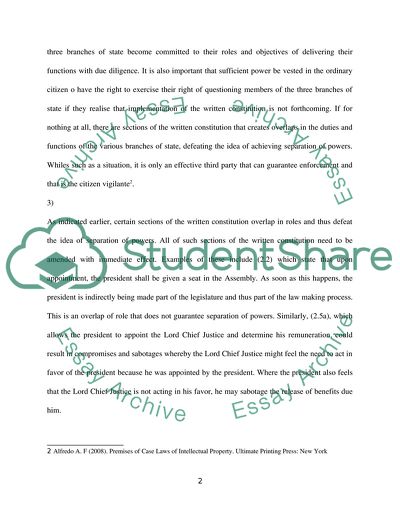Cite this document
(“Public Law Coursework Example | Topics and Well Written Essays - 500 words”, n.d.)
Public Law Coursework Example | Topics and Well Written Essays - 500 words. Retrieved from https://studentshare.org/law/1613167-public-law
Public Law Coursework Example | Topics and Well Written Essays - 500 words. Retrieved from https://studentshare.org/law/1613167-public-law
(Public Law Coursework Example | Topics and Well Written Essays - 500 Words)
Public Law Coursework Example | Topics and Well Written Essays - 500 Words. https://studentshare.org/law/1613167-public-law.
Public Law Coursework Example | Topics and Well Written Essays - 500 Words. https://studentshare.org/law/1613167-public-law.
“Public Law Coursework Example | Topics and Well Written Essays - 500 Words”, n.d. https://studentshare.org/law/1613167-public-law.


